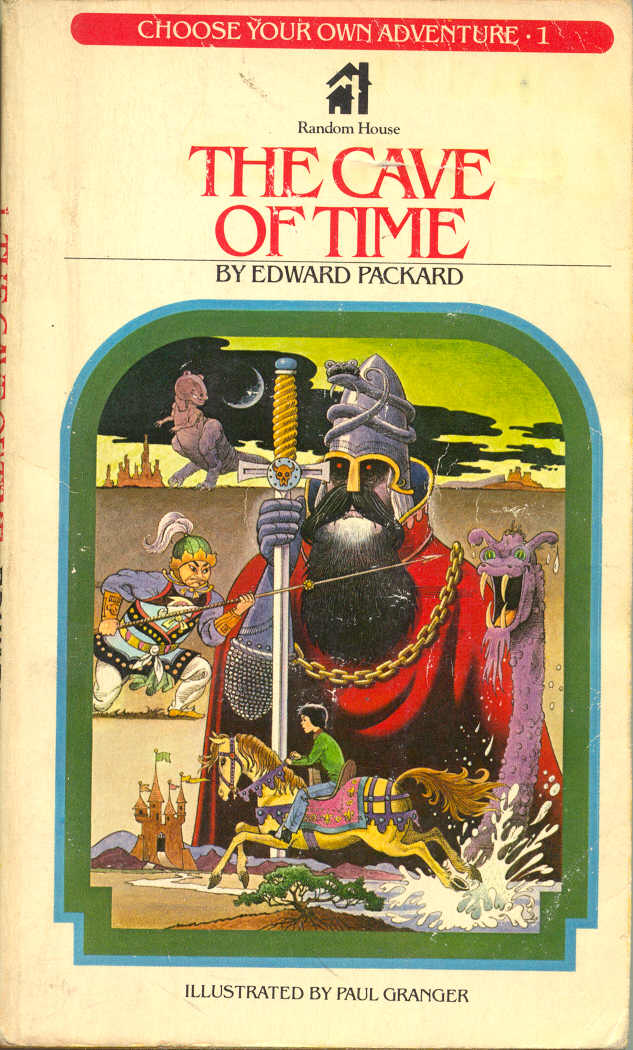The novelist has full ownership of his book, and can fully express himself through it, while the video game writer is part of a team, and will usually not be the creative lead, so he has to work with external constrains, and his work is mostly there to reinforce the essential parts of the game, not to stand out on its own.
Even more importantly, the game writer does not write a static, linear narrative. He writes texts for an interactive medium. If I were to write quests like I write short stories, they might be pretty cool to play through... once. But when on a replay you realize you have no choices and it ends the same way everytime you do it, the quest becomes boring.
A game writer must be aware that his medium is interactive, and allow the player a certain amount of agency within his stories. Don't force the player into a linear narrative he might not want to follow. Always give the player the choice to say "no" or even "fuck off" to a questgiver. Allow for multiple solutions when appropriate (this is also an aspect of level design rather than just pure writing, so a game writer ideally should have at least some understanding of level design). Allow for different choices when appropriate. Add some minor variations based on who the player character is (race, class, sex). Etc etc.
It's quite different from being a novelist and being a screenwriter. Both of these write linear, non-interactive stories. If a game writer does exactly the same as novelists and screenwriters, the end result is one of those cutscene-filled games that plague the market today, where the story is told in a completely linear and hands-off fashion. That's not what an RPG should be. The purpose of story in an RPG is to let the player actively take part in the events happening in the world. If the player can't make decisions, can't have an impact on how the story progresses or at least how it ends, why even have a story in the first place?
Interactivity and player agency > everything else in an RPG.

























